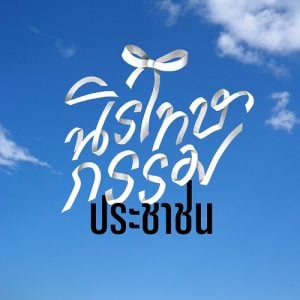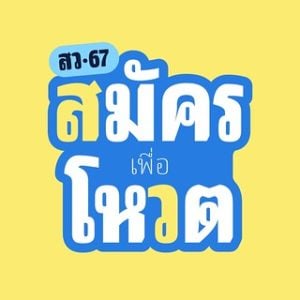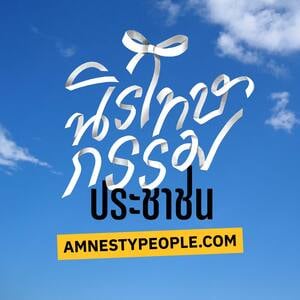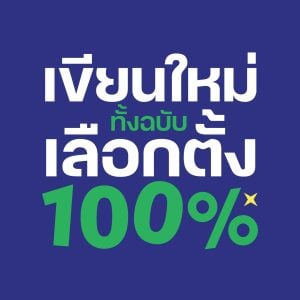A local journalist, Soe Moe Tun, in the Sagaing district of Myanmar has been murdered while reporting on illegal logging and wood smuggling in the northwest of the country. He was part of the Daily Eleven Newspaper of the independent media organisation Eleven Media Group since early 2015. The Myanmar Times reports that Police Lieutenant Thein Swe Myint stated that the victim was found dead in the early morning of 13th December 2016. The report further states that the victim was found near a golf course and was bruised and had wounds on his head. Furthermore, the police suspect the reporter was murdered but had not yet identified a suspect or motives.
While there is no indication of foul play involving the state, journalists in Myanmar have found their working environment to be unsafe.
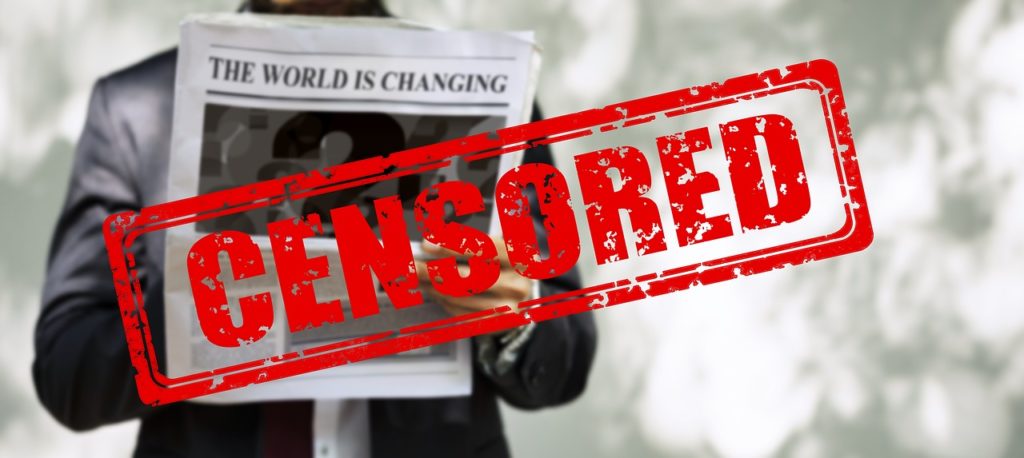
Image by Gerd Altmann from Pixabay
Since late 2010, a raft of liberal democratic reforms introduced by the Thein Sein government involved the repeal of pre-publication censorship laws that had previously required journalists to clear their production with the state. The repeal of this law was widely described as important in creating a more open environment for speech, communication and the dissemination of information in Myanmar. In addition, formerly exiled media outlets such as Mizzima, The Irrawaddy, the broadcaster Democratic Voice of Burma (later renamed DVB Multimedia Group) and a range of outlets covering ethnic minorities began publishing. However, while Myanmar has garnered praise for its positive reforms, the government has systematically cracked down on the media and the ensuing climate of fear has resulted in self-censorship by journalists.
According to the report ‘Unfinished Freedom: A Blueprint for the Future of Free Expression in Myanmar’ by the PEN American Centre’s report, journalists have faced routine threats, lawsuits and imprisonment by state actors.
This is due to several military-era provisions in the 2008 Constitution which includes certain limitations on the right to journalistic freedom. Article 354 lists ‘Union security, prevalence of law and order, community peace and tranquillity or public order and morality as reasons in which to limit the freedom of expression and publication. Article 365 enshrines the ‘right to freely develop literature, culture, acts, customs and traditions’ so long as citizens ‘avoid any act detrimental to national solidarity’. It is important to note that the Constitution does not explicitly guarantee the right to protect press freedom.
In addition, the 1950 Emergency Provisions Act provides for prison sentences for up to 7 years for spreading “false news,” or negatively affecting state security, morality and the public trust in the economy. The 1957 penal code allows a prison sentence of up to 2 years for sedition and other acts which promotes “feelings of enmity or hatred,” defamation and blasphemy.
In addition, media outlets are still theoretically, obliged by state guidelines to submit their copies of their publications after printing to the Copyright and Registration Department and the Ministry of Information.
The courts have used these repressive criminal defamation and sedition laws to silence journalists reporting or investigating on topics that would challenge the authorities. Listed below are a few high-profile cases as detailed by the report from the PEN American Centre:
- In July 2014, 5 journalists and editors from the Unity Weekly who were reporting on the alleged production of chemical weapons in a secret military facility were sentenced to 10 years of hard labour in prison, later reduced to 7 years.
- In October 2014, 4 journalists and an editor from Bi Mon Te Nay were charged with sedition and were sentenced to 2 years for reporting an activist groups’ claim that Aung San Suu Kyi and her political allies had formed an interim government to replace the quasi-civilian administration. They have been released as part of a pre-election amnesty in 2015.
- 5 staff from Eleven Media Group were sued for defamation in late 2014 by the Ministry of Information for reporting on the alleged misuse of public funds by the Ministry of Information.
- In March 2015, 2 editors from Myanmar Post Weekly were jailed for 2 months in charges of defamation after reporting that a military-appointed member of parliament had criticized the low levels of education of other military-appointed assemblymen.
- In July 2015, 2 journalists from the Myanmar Herald were fined $800 for reporting on quotes from an opposition politician who described then-President Thein Sein as making statements that are “gibberish, irrational, cheap and inconsistent…completely nonsensical, absurd, and insane.”
In addition, the report details the physical harassment and attacks faced by journalists, reflecting the environment of impunity surrounding journalists. Listed below are a few of the high-profile incidents:
- Freelance journalist and former democracy activist Aung Kyaw Naing (known as Par Gyi) died in October 2014 after being detained by the military while reporting in Mon state on the civil war between ethnic-armed groups and the state army. An investigation by the Myanmar Human Rights Commission showed that he was tortured. In May 2015, a secret military court acquitted 2 soldiers accused of the murder. In June 2015, the case filed to protest his death was delayed after the 2 army members that detained him failed to appear in court.
- In March 2015, police officers physically assaulted 2 journalists who were reporting on a rally for education reform in Letpadan.
- In the same month, 2 journalists from DVB Multimedia and 7Day Daily were arrested and detained for several hours for reporting on a strike at a garment factory.
- In June 2015, the CEO of Eleven Media Group Than Htut Aung was subject to a slingshot attack that damaged his car. Than reports frequently on the military’s political role and state harassment of the media. The case remains unsolved.
In addition, the Armed Forces Accurate Information Team, which is the military-run “editorial guideline team” tasked with responding to press requests, have operated as a state-run press monitor. This organization has criticised the Myanmar Times and Eleven Daily in March 2015 for reporting on a military operation in Kokang province.


